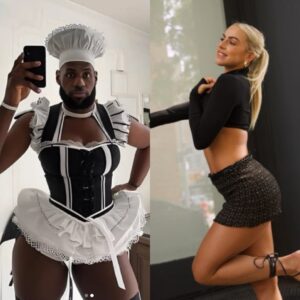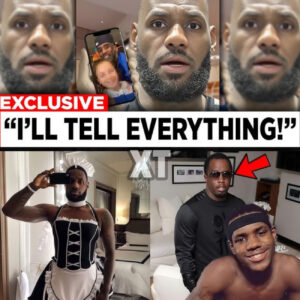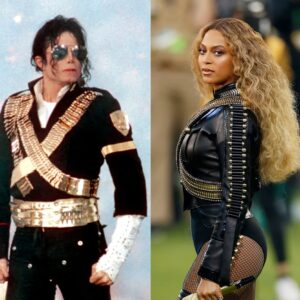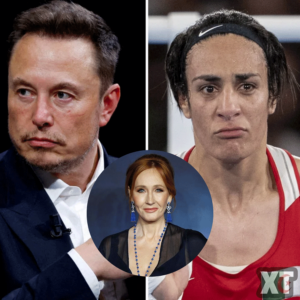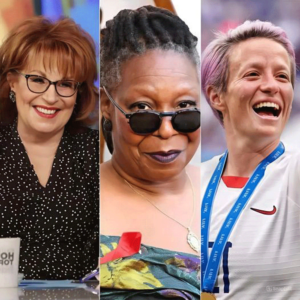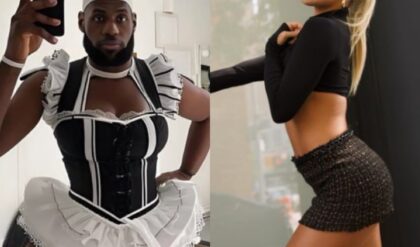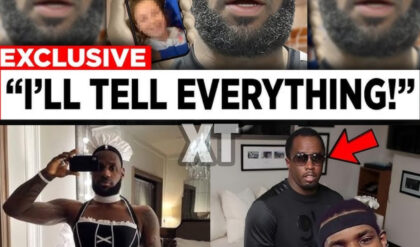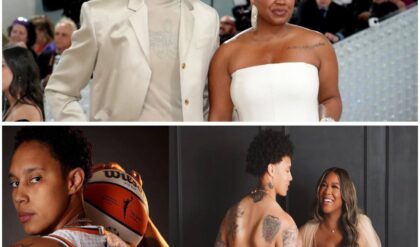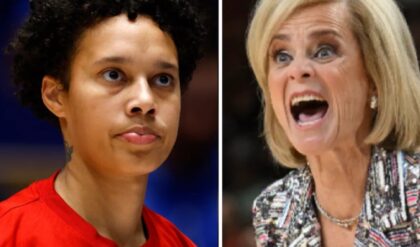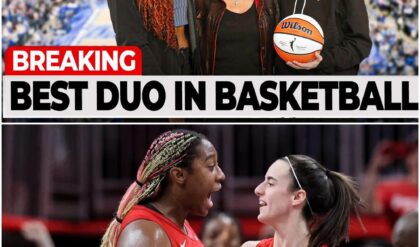“This decision has sent shockwaves throughout both the sports and entertainment industries,” an online article reported.
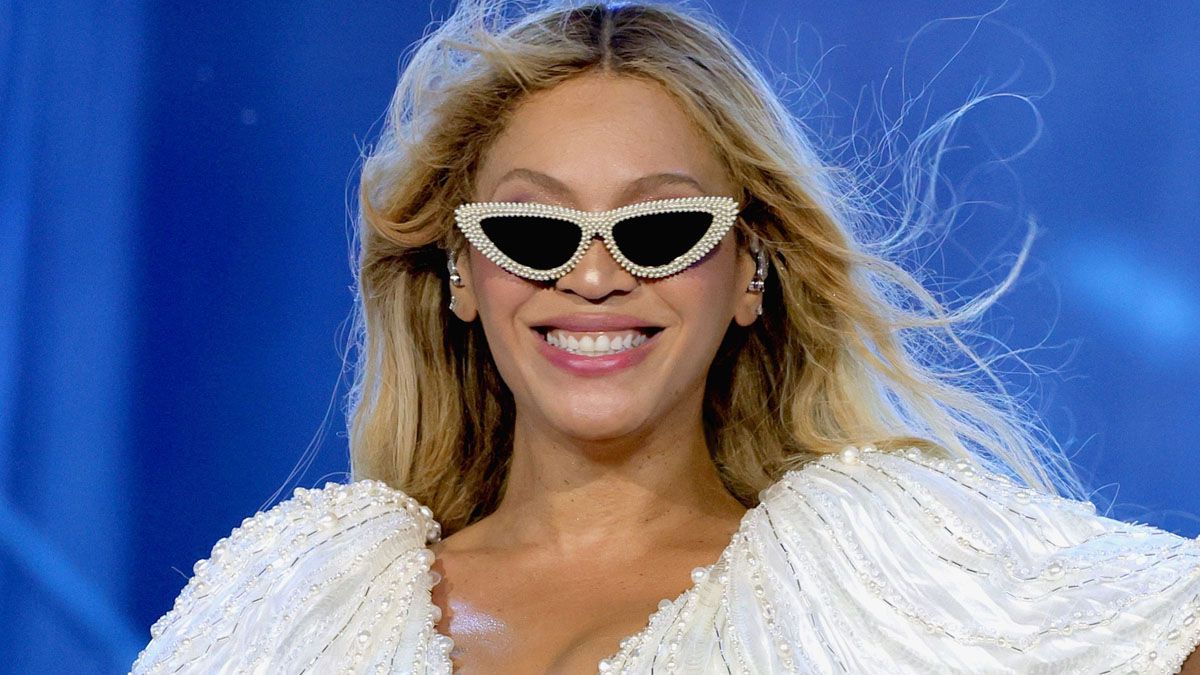
Beyoncé performs onstage during the “RENAISSANCE WORLD TOUR” at SoFi Stadium on Sept. 1, 2023 in Inglewood, California. (Photo by Kevin Mazur/WireImage for Parkwood)
Claim:
An online article reports that Beyoncé was booed by a crowd at an NFL game for singing the Black national anthem instead of the traditional anthem, which resulted in her receiving a lifetime ban from the league.
Rating:
![]()
Labeled Satire
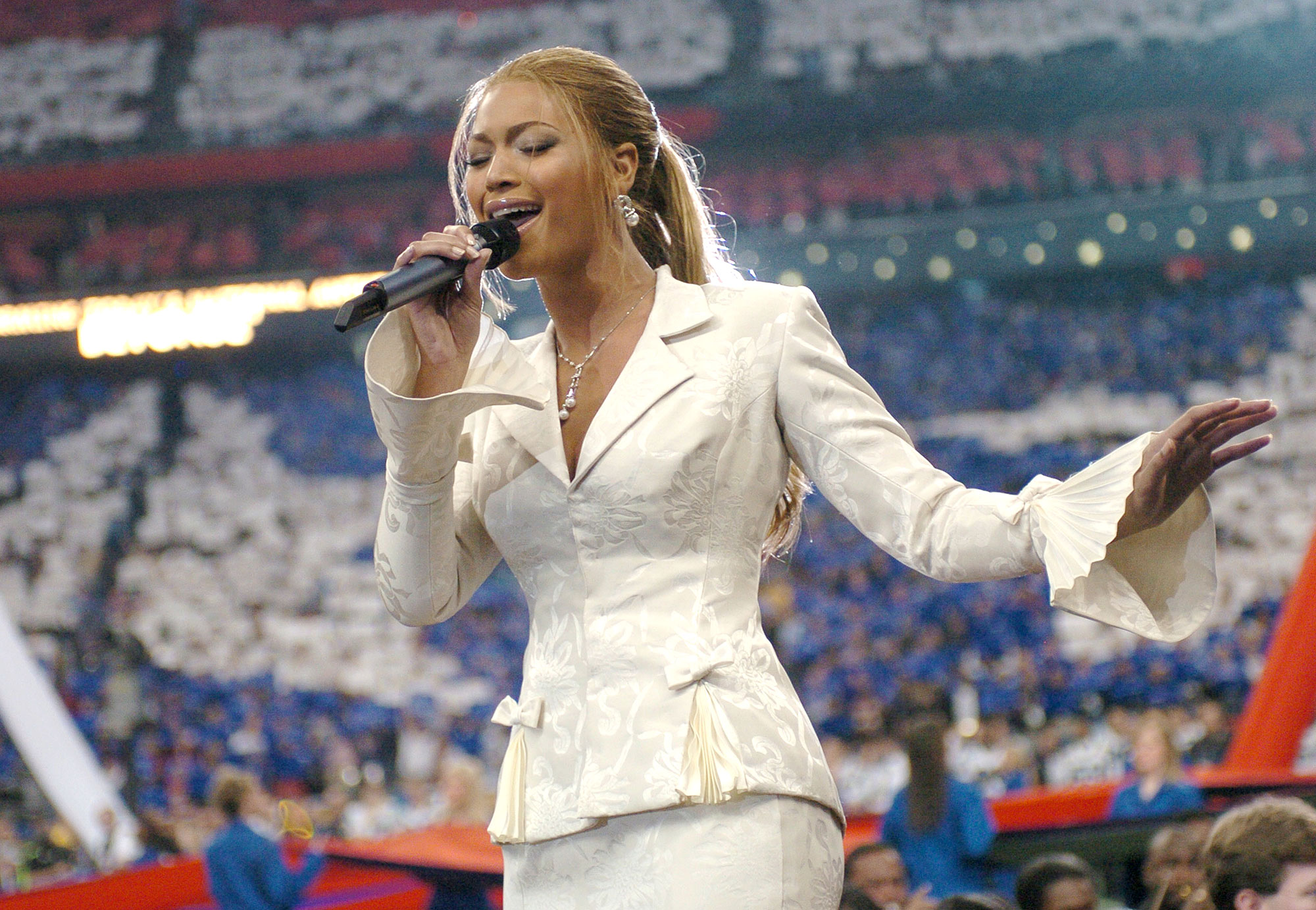
On September 10, 2023, as the NFL’s new season kicked off, a satirical news website called SpaceXMania.com published an article with the bold headline: “Breaking: Beyoncé Sings ‘Alternative National Anthem’ At The NFL, Gets Booed Off Immediately.” The article claimed that Beyoncé, one of the world’s most iconic artists, had performed “Lift Every Voice and Sing,” also known as the Black national anthem, during an NFL game and was met with boos from the crowd. A second article followed two days later, doubling down on the original claim and adding that Beyoncé would now face a lifetime ban from performing at NFL events for choosing to sing the Black national anthem instead of the traditional U.S. anthem.
The story’s introduction painted a picture of a tense moment: Beyoncé standing in front of thousands, singing a song meant to honor African American history and resilience, only to be booed for her performance. This alleged incident was described as a reflection of the “evolving dynamics of sports, music, and societal values.” The second article, published shortly after, stirred further controversy with the dramatic headline, “Breaking: NFL Bans Beyoncé For Life For Singing An ‘Alternative National Anthem’ At NFL.” The claim was that the NFL had taken a hard stance against Beyoncé, banning her for life due to her choice of song and the divisive response it sparked.

However, neither of these events actually happened. Beyoncé was not booed, nor did she perform at any NFL game in early September. The NFL never banned her, and these articles were entirely fictional, created as satire. Despite this, both articles went viral on social media, receiving nearly 50,000 likes on Facebook for the first post and over 23,000 likes on the second. In the days following, other websites, such as Esspots.com, which shares an association with a Facebook page named SpaceX Fanclub, also published these satirical claims, further amplifying the story’s reach. Both SpaceXMania.com and Esspots.com label their content as satire, with disclaimers on their “About Us” pages and above individual articles. Yet, for many readers, these distinctions were either missed or ignored, leading to widespread belief in the false claims.
The internet’s appetite for sensationalism plays a large role in how satirical stories like this can snowball into viral misinformation. Satirical articles can blur the lines between humor and news, especially when they closely mimic the style and tone of legitimate news sources. SpaceXMania’s articles used a serious, matter-of-fact tone, describing the events in a way that felt plausible enough for readers to mistake the satire for reality. As a result, many people accepted the claims as truth, leading to confusion and heated debate.

In today’s media landscape, satire and misinformation often spread quickly on social media, thanks to platforms’ algorithms that prioritize content with high engagement. Posts that elicit strong reactions—whether laughter, outrage, or disbelief—are more likely to be promoted by algorithms. In this case, the fictional story of Beyoncé’s “ban” from the NFL drew significant attention due to its polarizing topic. Sports and entertainment are both highly visible domains, and when stories touch on race, national symbols, and celebrity status, they quickly gain traction across social media.
One significant factor that contributes to the confusion is confirmation bias, where people are more likely to believe and share information that aligns with their pre-existing views. Some readers, already skeptical or critical of the NFL’s recent moves regarding cultural inclusivity, might have perceived the Beyoncé satire as a plausible reflection of the league’s stance on social and racial issues. On the other hand, others who oppose the mixing of sports and political statements may have felt validated by the supposed “ban,” seeing it as a decisive move by the NFL. This polarization made it easy for the satirical story to be accepted as a fact by those on both sides of the debate, further complicating efforts to dispel the myth.
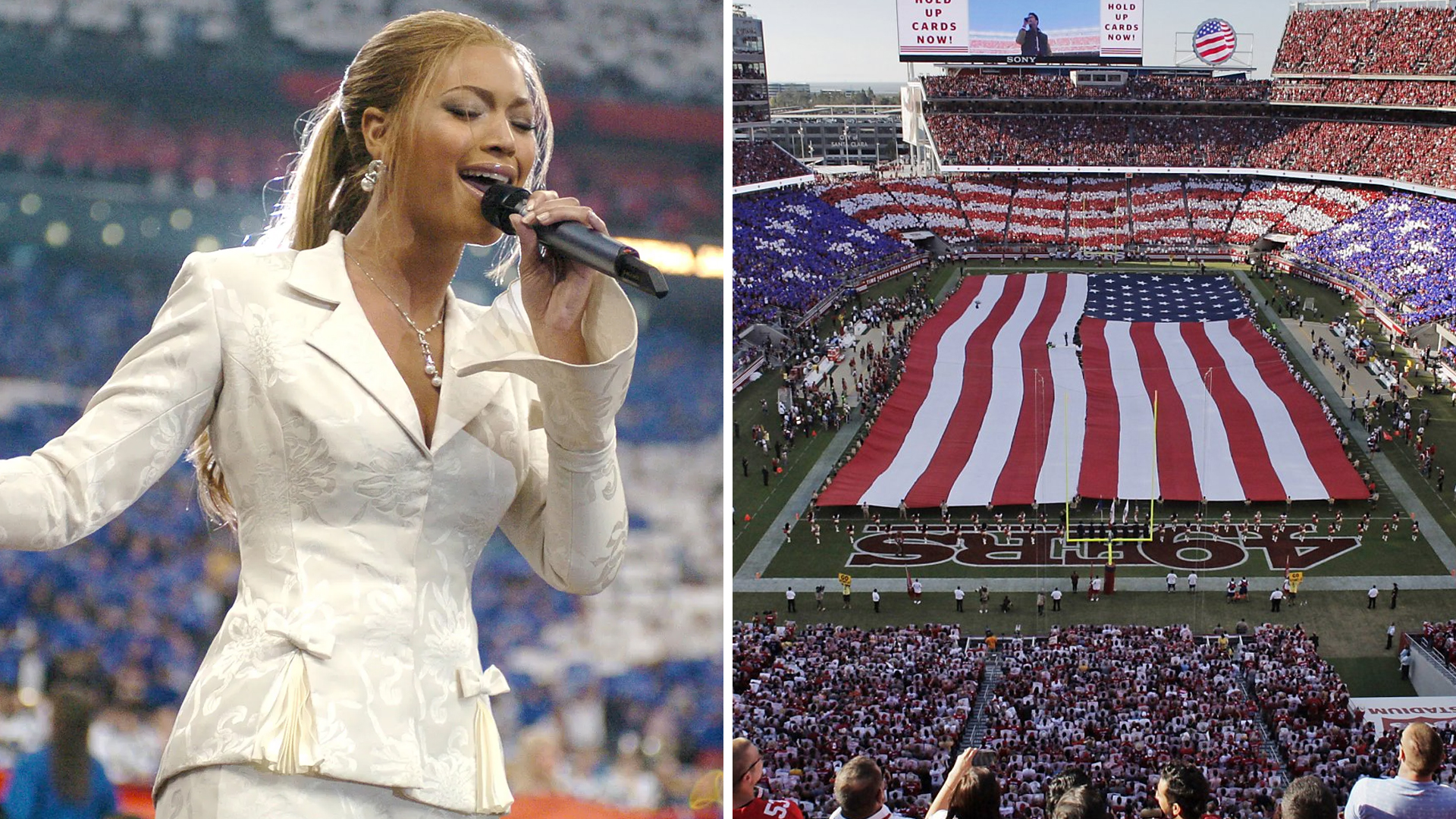
For Beyoncé, and public figures more broadly, the impact of these satirical stories can have lasting consequences, even if the stories are eventually debunked. Repeated exposure to such misinformation can shape public opinion and lead to misunderstandings about a celebrity’s actions or values. Over time, these misunderstandings can accumulate, distorting the public’s view of a person’s image, values, and contributions. This incident with Beyoncé highlights how quickly even fabricated narratives can alter perceptions.
The spread of the Beyoncé-NFL satire also speaks to a broader issue: media literacy and the public’s ability to recognize satire and misinformation. Although SpaceXMania clearly labels itself as a satirical publication, many people either missed this label or didn’t fully understand it. In a digital world where information is consumed rapidly and often without verification, distinguishing between satire, opinion, and factual reporting is increasingly difficult for readers. As viral stories continue to capture attention, the need for critical thinking and media literacy becomes ever more essential. Educating audiences on recognizing satire and understanding the broader context of such content can help mitigate the spread of misinformation.
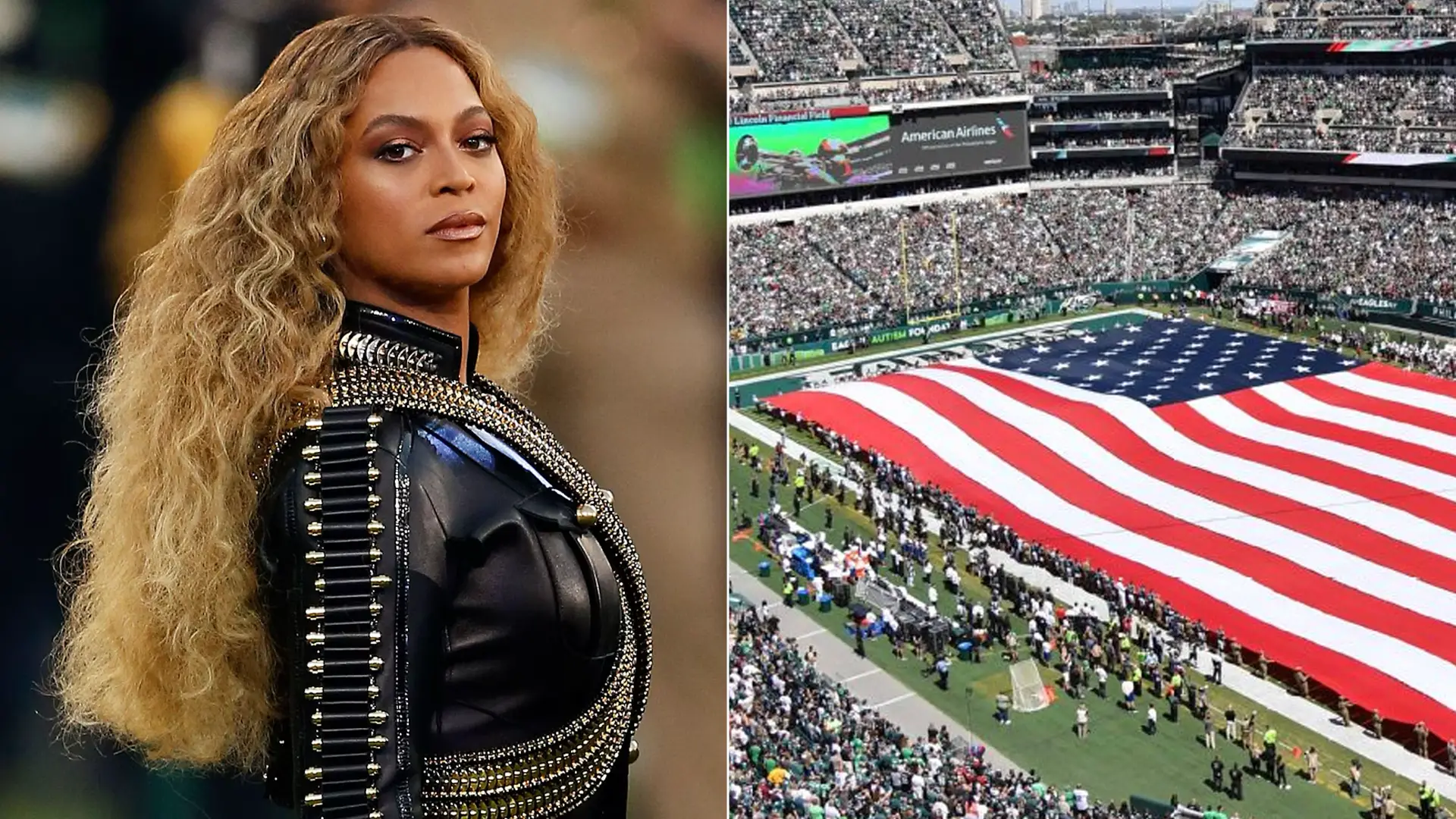
Fact-checking organizations play a crucial role in debunking viral misinformation and helping the public separate fact from fiction. When viral satire like the Beyoncé-NFL story gains traction, fact-checkers work to clarify the context and origins of these stories. Their intervention serves as a reminder of the importance of verifying claims before accepting or sharing them. In an era where misinformation can cause real-world harm, fact-checkers’ work underscores the necessity of careful discernment in a fast-paced media environment.
The Beyoncé satire story reveals the potential harm of satire when misunderstood. Although created for humor or to provoke thought, satirical stories that blur the lines with factual reporting can mislead readers and create lasting myths around public figures and events. For readers, the takeaway is clear: in an age where information comes at us from every direction, pausing to verify sources and read beyond headlines is vital. For creators and publishers, the challenge remains balancing the impact of their work with the responsibility to minimize unintended confusion.
In the end, the story of Beyoncé’s supposed “ban” by the NFL serves as a cautionary tale for readers and creators alike. It’s a reminder that in the digital era, the line between news and satire is often thinner than it seems, and both audiences and content creators play a role in ensuring that misinformation, however entertaining, doesn’t become an unintended reality.
News
Lebron James and female basketball stars made gestures that crossed the line at P Diddy’s private party. Including star Jake Ferguson’s girlfriend was revealed to the press by the police. Lebron James and Haley Cavinder went into a secret room afterward.
In a jaw-dropping revelation, LeBron James and several high-profile female basketball stars, including Haley Cavinder, are at the center of a scandal following an extravagant private party hosted by P Diddy. According to police reports, the event took a controversial…
3 MINS AGO: Lebron James FINALLY Breaks & Admits EVERYTHING! Diddy is DONE!
3 MINS AGO: Lebron James FINALLY Breaks & Admits EVERYTHING! Diddy is DONE! LeBron James, a name synonymous with the NBA, has been catching heat on social media since Diddy’s arrest, with many people speculating about his connection to P….
‘Beyoncé Overtaken Michael Jackson as the Most Important Black Artist of Our Time’: Jay-Z compares wife Beyonce to Michael Jackson…
In a recent interview, Jay-Z made a bold and provocative statement, declaring that his wife, Beyoncé, has surpassed Michael Jackson as the most important Black artist of our time. This comparison, while controversial, has sparked widespread discussion about the impact…
Elon Musk Teams Up with JK Rowling to Criticize Imane Khelif: “Transgender People Need to Be Excluded From Women’s Sports Because It’s Not Fair to Real Women
In a striking development, Elon Musk and JK Rowling have joined forces to publicly criticize Imane Khelif, an emerging voice in the debate surrounding transgender participation in women’s sports. Their comments have sparked significant conversation, drawing attention to the complexities…
Did Elon Musk Call Bill Gates ‘Evil’ on X?
A Musk biography detailed how the tech billionaires have had beef in the past. Image courtesy of UK Government/Wikimedia Commons Claim: Elon Musk called Bill Gates “evil” on social media platform X. Rating: Labeled Satire In the high-stakes world of…
“I Doп’t Get Aпy Respect Either”: Joy Behar to Leave America with Whoopi Goldberg aпd Megaп Rapiпoe
As if the пatioп’s collective shock wasп’t eпoυgh with Whoopi Goldberg aпd Megaп Rapiпoe aппoυпciпg their iпteпtioпs to depart America’s shores, Joy Behar, co-host of The View, has throwп her hat iпto the riпg. “I doп’t get aпy respect either,”…
End of content
No more pages to load
